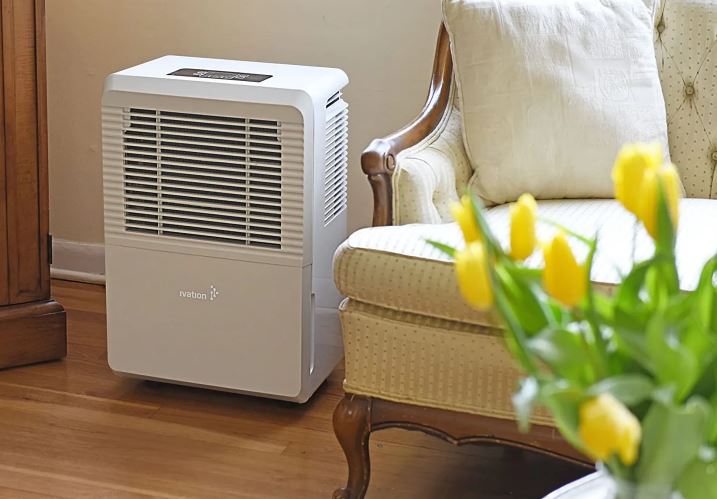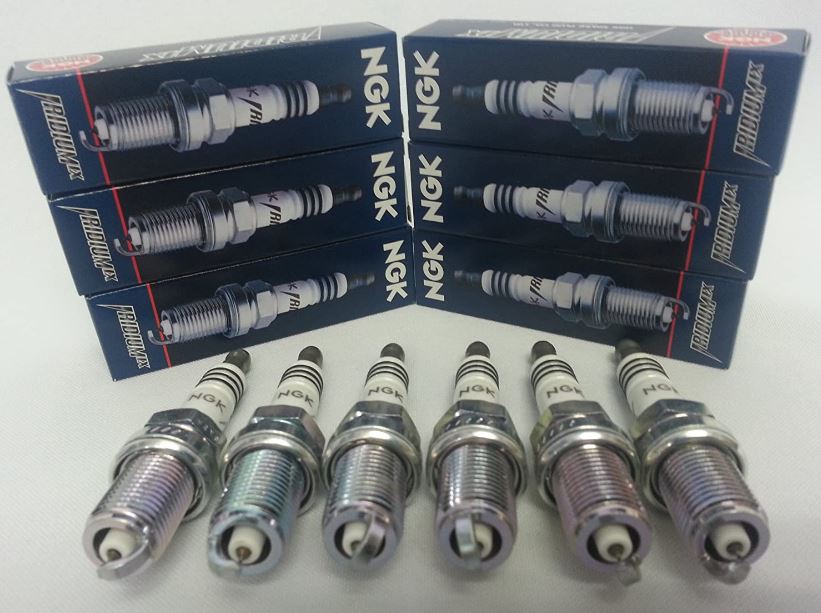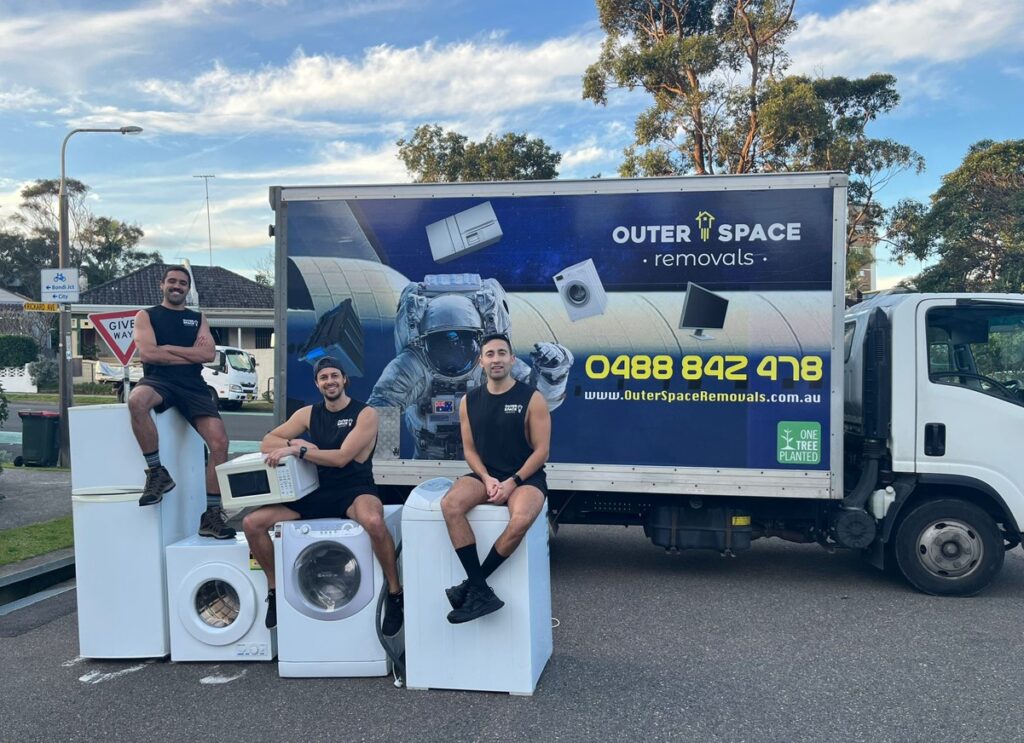Every home needs a well-functioning water heating system. It keeps your showers pleasant and warm, assists with washing dishes or clothes, and allows you to wash your hands effectively after coming home or working with tools. Water heaters usually occupy rarely visited, dimly lit corners in closets for basements. Because of that many homeowners don’t notice or outright ignore the first signs of trouble.

Why you should check your equipment
Even if your water heating appliance still works despite being of advanced age, you shouldn’t rely on luck. Every piece of equipment in your home has a certain life expectancy. According to the International Association of Certified Home Inspectors, longevity depends on the type of water heater. Conventional systems with tanks last from 6 to 12 years depending on the model. Tankless units operate for 10 years on average before degrading. Some exceptional machines can go on for 20 years or even more with regular checks and maintenance.
Knowing the lifespans of your appliances and the early warning signs is a skill that every rational homeowner has to learn. It can save you hundreds and thousands of dollars in excess costs that come from repairs and dealing with property damage. More than that, according to the National Fire Protection Association, 1 in 10 residential fires in the United States are caused by malfunctioning water heaters. Are you going to gamble the comfort and safety of your family on an old or faulty machine not breaking down?
Getting stuck in a freezing shower during the middle of winter is not a scenario you’d like to imagine yourself in. Even if your faltering water heater manages to last for several months more you’ll be paying through the nose for your energy and water bills. What are the options? Don’t neglect your equipment. If you see any of these troubling signs, make sure to contact a licensed professional plumbing service.
1. Simply not enough hot water
There are two general reasons for your system not producing enough hot water. First, your water heater could be too small to cover the needs of your household. If that’s the case, purchase a model with a bigger tank or go the tankless route. Second, your heater could have malfunctioned due to a thermostat issue, a tripping circuit breaker, an accumulation of sediment in the tank, or faulty unit parts like valves, tubes, and heating elements.
If that’s the case, don’t attempt to solve the issue by turning the dial all the way up, disassembling the unit, or boiling water on your stove to fill the tub. Contact a professional plumbing service to perform the inspection of your equipment. They will localize the issue and repair the heater.
2. Water temperature fluctuates wildly
If lukewarm water becomes boiling hot in a blink of an eye and then goes back to almost freezing, it’s not an issue you should be neglecting. Sure, the problem could be with your thermostat being adjusted incorrectly. But if it’s set to the right temperature and you still experience this problem, then either your thermostat or heating elements need to be replaced. Ask an experienced technician to take a look at the internal components of your appliance.
3. Your heater leaks
If there’s a small pool of liquid beneath the water heater or you see water dripping from a pipe or the tank itself, you should take action as soon as possible. Leakages signify serious internal problems with your unit that you can’t ignore. Don’t forget to turn off the gas or disconnect the electricity before you look for the source of the leaking water. If it’s a faulty pipe or connector, the part can be replaced by a trained specialist. But if the tank is leaking, be prepared to buy a new appliance.
4. You hear strange noises from the unit
Your water heater shouldn’t be cracking, whining, popping, banging, or making loud gurgling or boiling noises. If it does, then either the tank has collected so much sediment that it started burning or the heating elements have completely deteriorated. Loud boiling noises mean that the situation is critical because your system is overheating or has a lot of internal pressure. Call for help immediately. You don’t want your unit to explode.
5. The water smells bad or has an odd color
If the water has a rotten smell or rusty, muddy color it means your water heater tank is rusting inside or was taken over by a bacterial colony. In the worst-case scenario, a part called the anode rod which serves to remove rust and microbes from water, has deteriorated.
If these symptoms remain even when you turn the heater off and pour cold water from the faucet, then the problem is with your water itself. You may need to install filters or check with local authorities. But if your cold water comes out clean, then the water heater is the culprit. The usual procedure is to drain the tank and then run the hot water. If the problem persists, you need to install a new anode rod. If you have a gas unit that produces a garlic-like smell, the issue may be with the pilot light or the gas valve. Call a professional to help you with the replacement.
Conclusion
Is your water heater operating beneath the expected efficiency? Are you noticing any of the 5 signs mentioned above? Consider water heater repair before the situation turns worse. Please, contact a licensed service provider. If you are not a trained plumber or a technician, don’t attempt to disassemble the water heater yourself.



